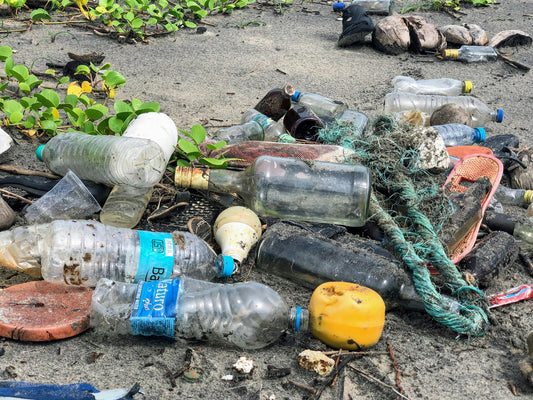Share
A new study conducted in roundworms (Caenorhabditis elegans) reveals that a common plastic ingredient, benzyl butyl phthalate (BBP), causes breaks in DNA strands, leading to egg cells with the wrong number of chromosomes.
This study, led by Monica Colaiácovo of Harvard Medical School and published in PLOS Genetics, demonstrates that BBP interferes with the distribution of newly copied chromosomes into sex cells, resulting in cell death and abnormal egg cells.
Key Points - Study Findings:
The study found that BBP causes oxidative stress and breaks in DNA strands, leading to cell death and egg cells with the wrong number of chromosomes. - BBP Exposure:
Researchers tested a range of doses of BBP and observed impacts on so called C. elegans at levels similar to those detected in humans.
- Metabolism Similarity:
C. elegans metabolizes BBP in the same way as mammals, suggesting it is an effective model for studying human impacts.
- Gene Expression Alteration:
The study proposes that BBP exposure alters gene expression, causing significant damage to DNA and leading to lower quality egg cells with abnormal chromosomes.
- Implications:
The study underscores the toxic nature of BBP and its potential harm to animal reproduction, highlighting the need for further research on its effects on human health.
We hope you enjoyed this article. Please feel free to leave a comment below if you want to engage in the discussion.
If you want to read more like this, make sure to check out our Blog and follow us on Instagram. If you are interested in truly sustainable products, check out our Shop.
Check out the original source here







